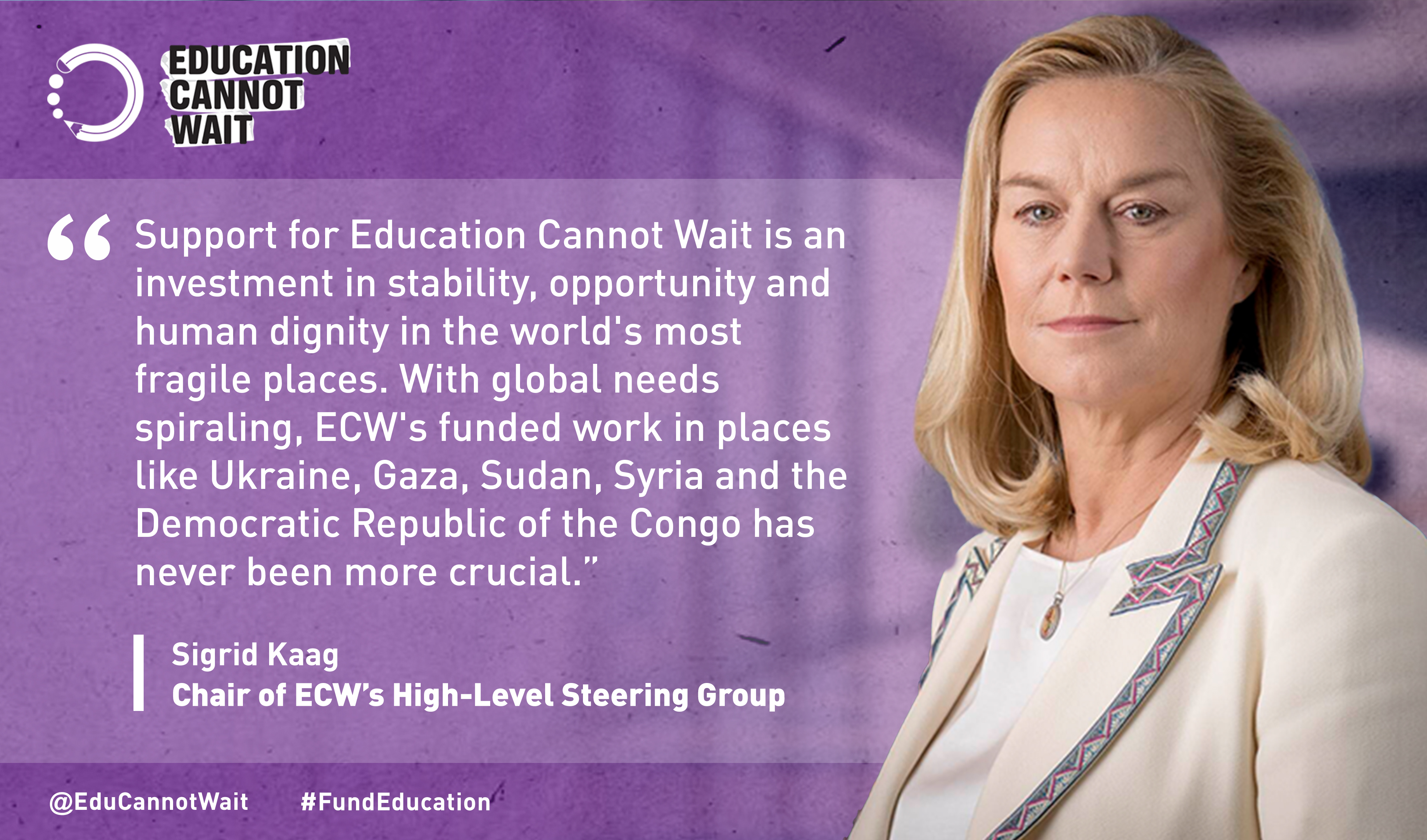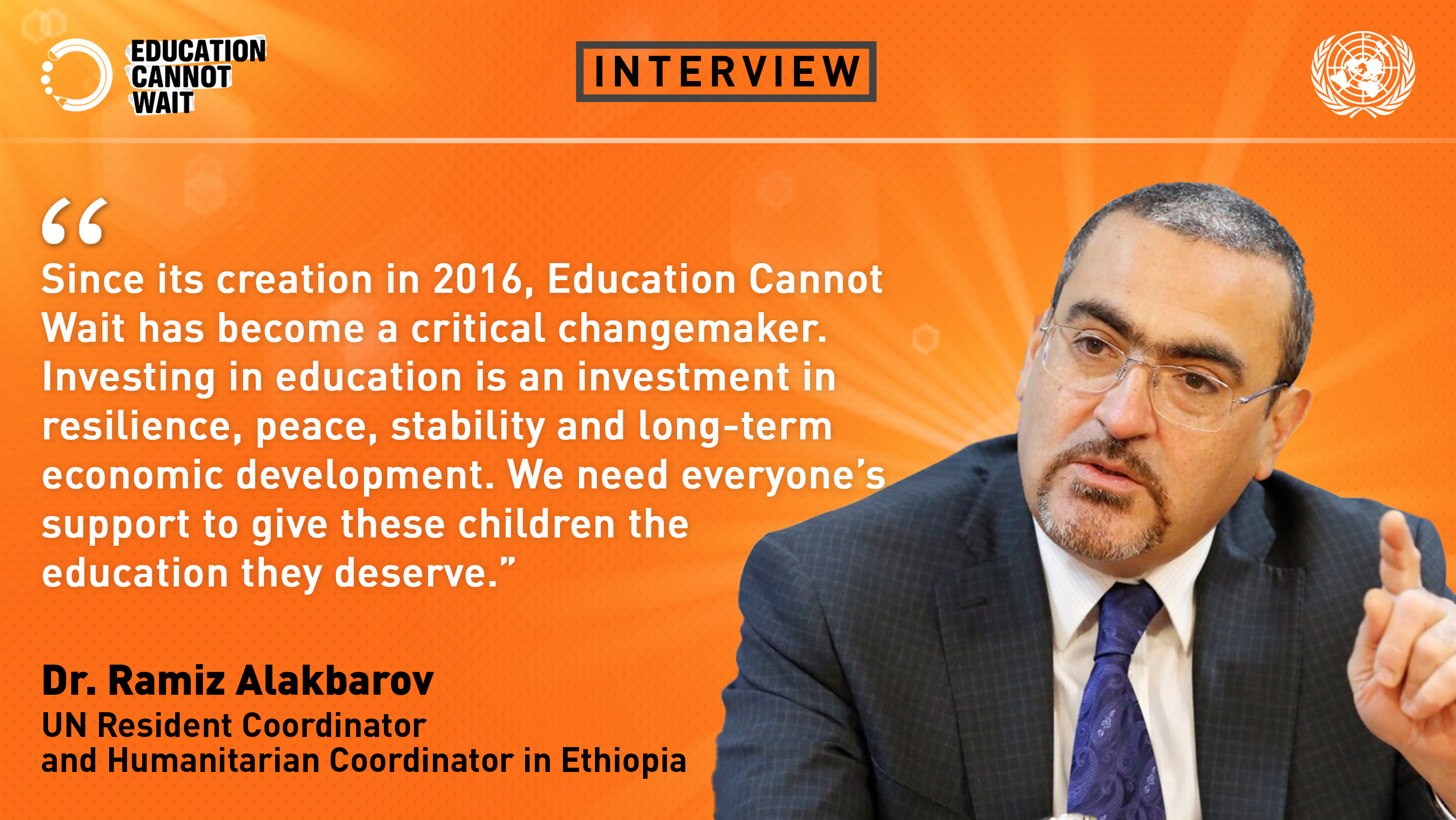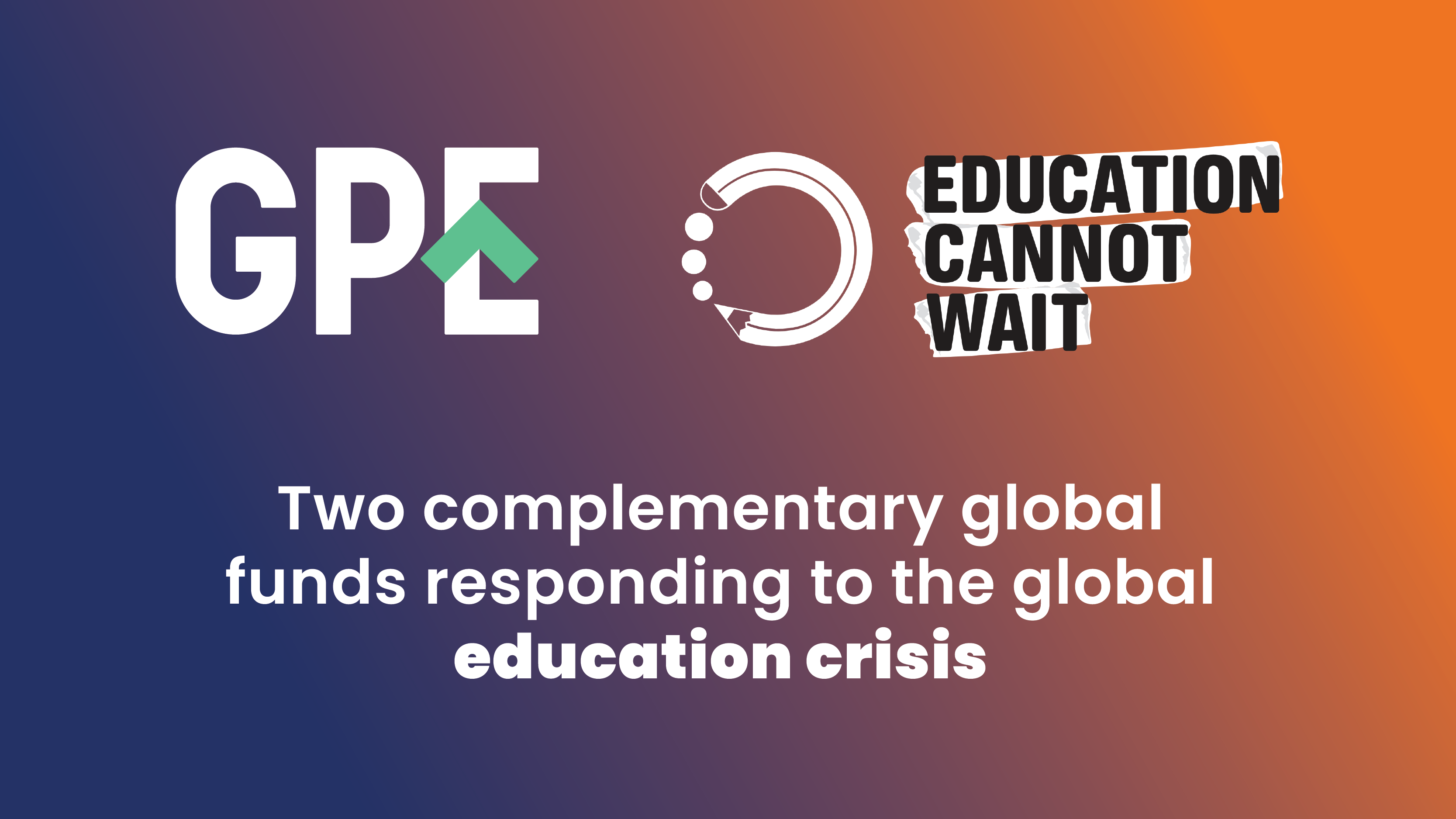2016 Global Education Monitoring Report: Education Is Essential to All SDGS

Originally posted by the Global Partnership for Education
In May 2015, the World Education Forum in Incheon mandated UNESCO to retool its annual Global Monitoring Report to document education progress against the goals and objectives of the new Sustainable Development Goal (SDG) on education.
The newly named Global Education Monitoring (GEM) Report brilliantly and comprehensively provides this stocktaking, and it evaluates with empirical precision and depth the role that education plays in achieving the other 16 SDGs.
Importantly, the GEM Report “Education for people and planet: Creating sustainable futures for all” presents a persuasive argument that efforts to educate more of the world’s out-of-school children deserve more of the international community’s attention, energy and, yes, funding, than they have in the past.
NEW EVIDENCE SHOWS THE POWER OF EDUCATION
The report marshals substantial evidence of education’s impact on all the SDGs. For example, it shows that education is “critical to lifting people out of poverty” (SDG 1), promotes sustainable farming and better nutrition (SDG 2), makes a “difference to a range of health issues, including early mortality, reproductive health, spread of disease, healthy lifestyles and well-being” (SDG 3), helps “women and girls… achieve basic literacy, improve participative skills and abilities, and improve life chances” (SDG 5) and can “promote better energy conservation and uptake of renewable energy sources” (SDG 7).
Education’s relationship with these other development goals makes up a virtuous cycle. Just as education can allow more children to live healthier, more prosperous lives in surroundings less threatened by conflict and environmental dangers, there’s no doubt that children are more likely to learn well when they enjoy good health, economic prosperity, peace and a safe environment.
By stressing that interdependence, the GEM Report gives additional encouragement to initiatives aimed at more and better coordination among the often siloed global development sectors, such as education and health.
THE POWER OF A PARTNERSHIP
Meeting the ambitious SDG 4, the GEM Report also notes, will depend on extraordinary coordination among all global education actors.
“There is growing recognition,” the report states, “that stakeholders need to plan together, act together and commit to equity and sustainability.”
The GEM Report cites the Global Partnership for Education as uniquely positioned to facilitate that kind of coordination, not only when it comes to coalescing and harmonizing funding but also in promoting stronger and more ambitious partnerships among governments, development partners, civil society and the private sector at the country level.
GPE has achieved this status, the report says, through its “many strategic and operational changes, such as better targeting fragile contexts, helping build national capacity for education planning and revamping its board of directors.”
GPE’s investments in strengthening systems, which begin with support for coordinated, data driven sector planning, are recognized as providing a critical foundation for better educational outcomes.
As a result, GPE has established itself as “the main multi-stakeholder financing partnership in education, and better leveraging it will be key to meeting financing requirements.”
A LONG WAY TO GO
The GEM Report also reminds us – with substantial data and rich insight– that the world remains far from the finish lines set by SDG4.
Unacceptably large numbers of adolescents and youth – 263 million children – were out of school as late as 2014, according to the GEM Report.
Overrepresented in that group are the most desperately poor, girls, children with disabilities, children from certain ethnic, religious or linguistic groups and, of course, those who are caught in the maelstrom of humanitarian crises.
According to the report, for every 100 of the richest youth in low-income countries who complete primary education, only 36 do so among the poorest; in lower and upper secondary education the corresponding figures are 19 and 7.
Though there has been good progress in some countries and regions, gender parity is still a distant goal in many countries, increasingly so at the lower and upper secondary levels.
Children with disabilities, even in developed countries, are still disproportionately denied their right to education. About 40% of children are not taught in a language they speak or understand. Approximately 50% of primary school-age refugees, and 75% of secondary school-age refugees are out of school worldwide.
New projections provided in the report tell us that for many low-income countries, the SDG4 goals for primary and secondary education are unlikely to be achieved until the end of the 21st century on current trends without a bold step change in both domestic and international financing.
IN SEARCH OF BOLD SUPPORT
Addressing the dire education needs around the globe requires significantly more funding. Tapping the full potential of GPE’s approach is limited so long as actual funding continues to fall short of the global need.
“Development aid for education today is lower than it was in 2009,” the GEM Report notes, and “aid needs to increase at least six fold to fill the US$39 billion annual gap to reach the new targets.”
Moreover, the report points out, “low-income countries received 28% of total aid to basic education in 2014 while accounting for 36% of all out-of-school children,” and “a lack of adequate and equitable finance was a key reason why the world fell short of achieving the Education for All goals between 2000 and 2015.”
As recommendations in the coming weeks from the International Commission on Financing Global Education Opportunities will likely show, the bold ambition of the SDGs requires equally bold actions. Without sufficient financial commitment for education, we’ll almost certainly undermine SDG progress.
Now, and for the next 15 years, we have the opportunity to do better. To do it right.
By Karen Mundy, Chief Technical Officer at the Global Partnership for Education.



